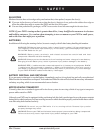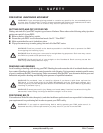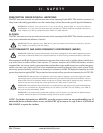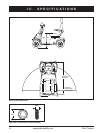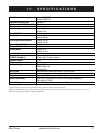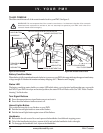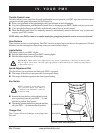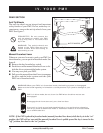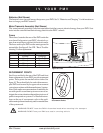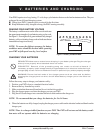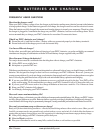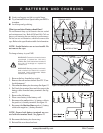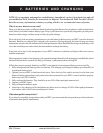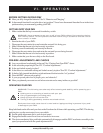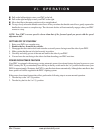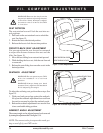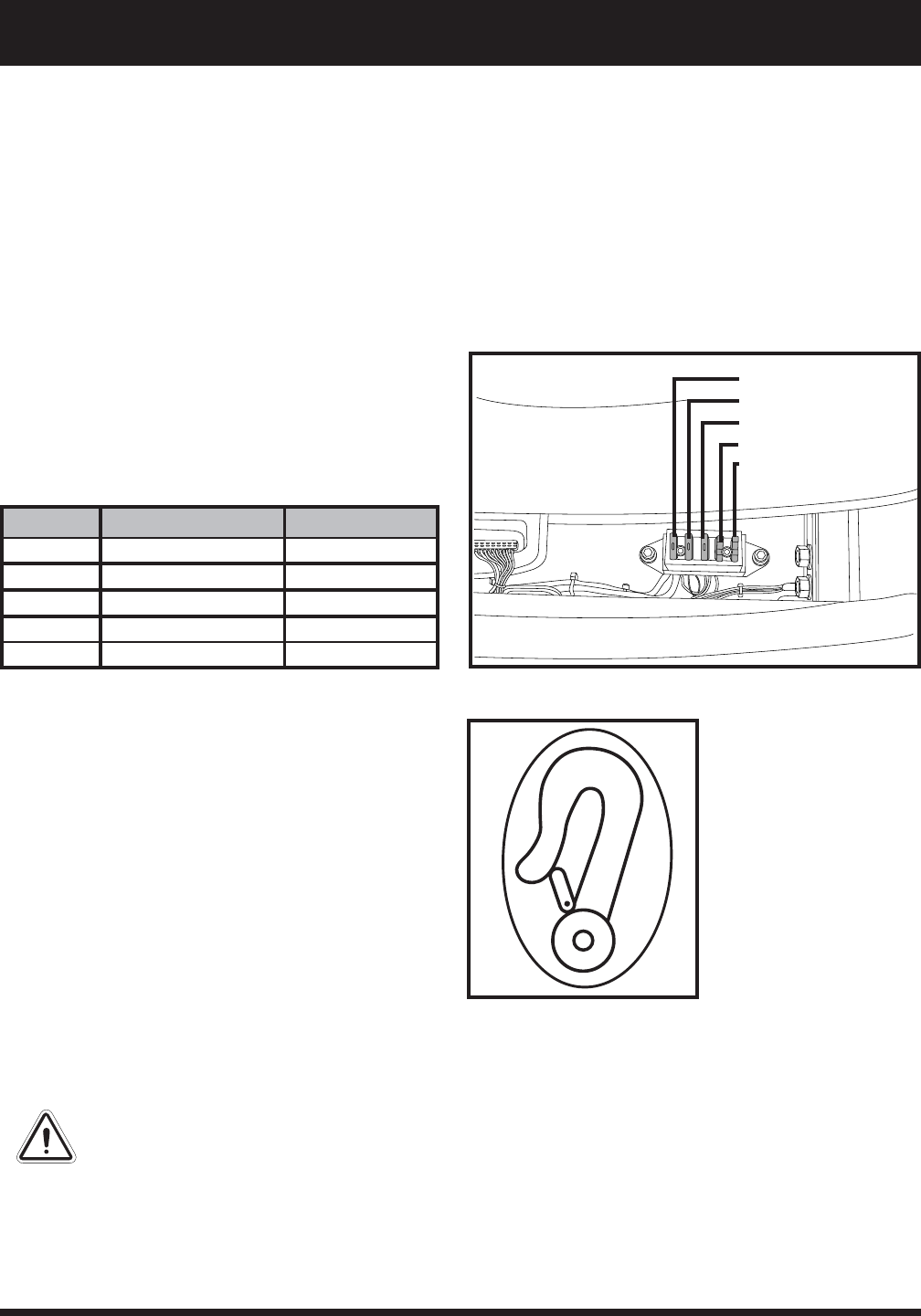
19
Mini Crosser www.pridemobility.com
WARNING! DO NOT leave the PMV in freewheel mode when securing it for transport.
WARNING! DO NOT use your PMV as a seat in a moving vehicle.
IV. YOUR PMV
Fuses
These fuses, located at the rear of the PMV under the
rear shroud, help protect your PMV’s electrical sys-
tems from receiving an overload of electrical current.
The fuses used in your PMV are the same type used in
automobiles. See figure 9. See VIII. “Basic Trouble-
shooting” for fuse replacement.
Figure 9. Fuses
FUSE 1
FUSE 2
FUSE 3
FUSE 4
FUSE 5
1 40-amp Charging
2 10-amp Controller
3 10-amp Power Seat
4 40-amp Spare
5 40-amp Spare
Fuse Amperage System
Batteries (Not Shown)
The batteries store electrical energy that powers your PMV. See V. “Batteries and Charging ” for information on
how to charge your PMV batteries.
Motor/Transaxle Assembly (Not Shown)
The motor/transaxle assembly is an electromechanical unit that converts electrical energy from your PMV’s bat-
teries into the controlled mechanical energy that drives the PMV’s wheels.
SECUREMENT POINTS
Steel loops welded to the rear of the PMV and front
frame components of your PMV provide securement
points. These points are marked with a sticker. See
figure 10. These should only be used with an unoccu-
pied PMV and secured by an approved securement
system in accordance with the manufacturer’s instruc-
tions. Pride makes no representation of suitability for
use with specific securement systems nor can we an-
ticipate the various situations that might arise in use of
public transportation systems. For detailed instruc-
tions on the use of securements, refer to the appli-
cable municipal transit authority and/or manufacturer
of the system used.
Figure 10. Marks Designated
Securement Points



